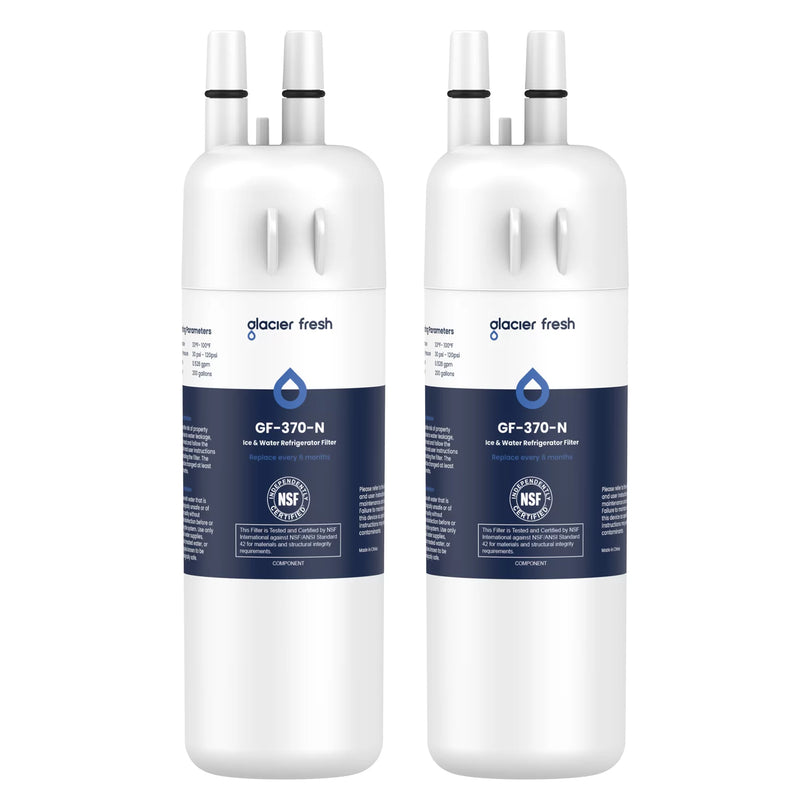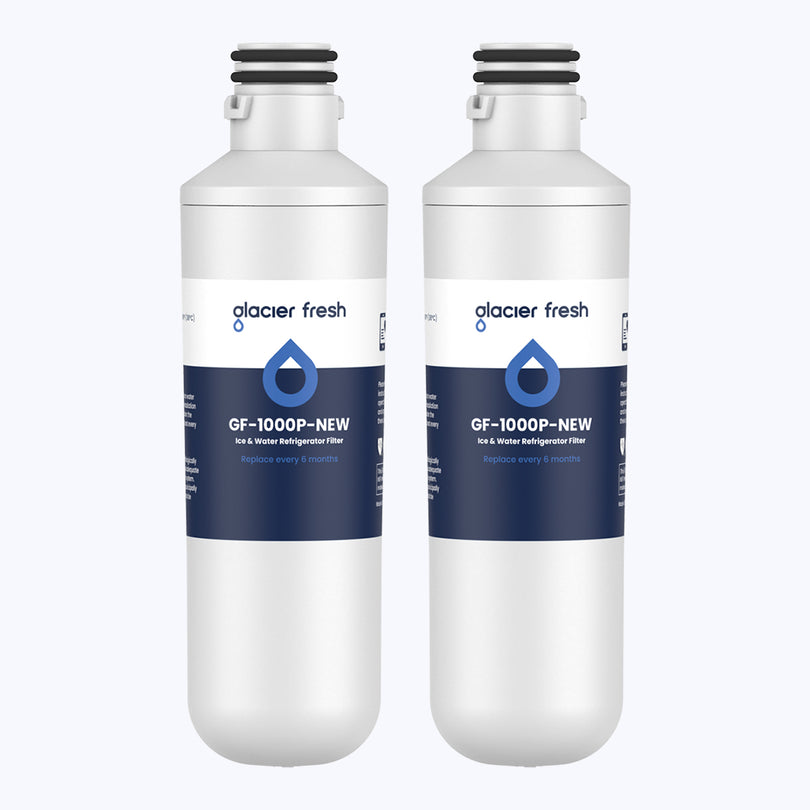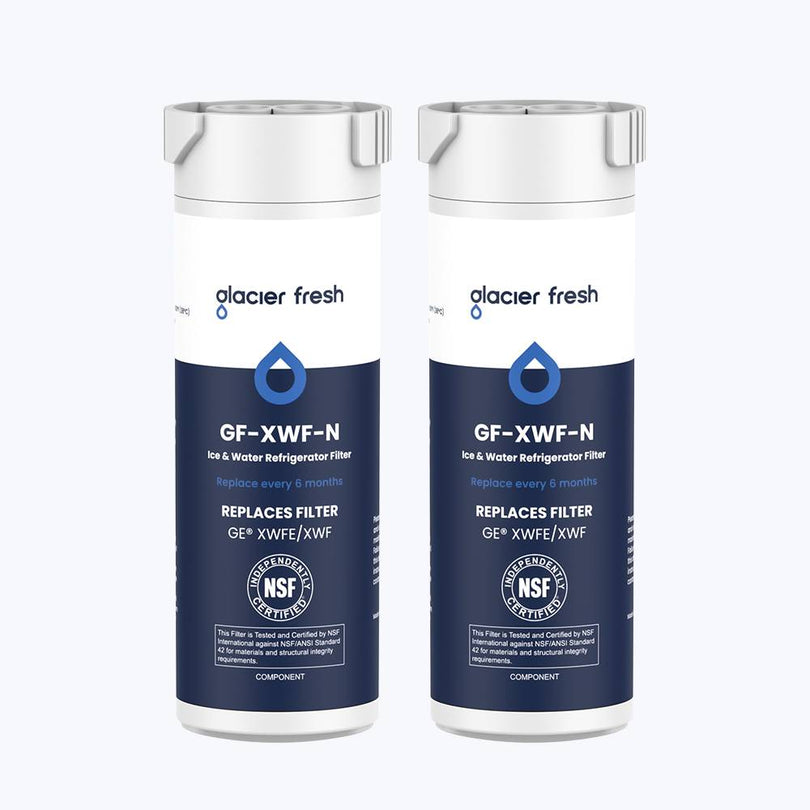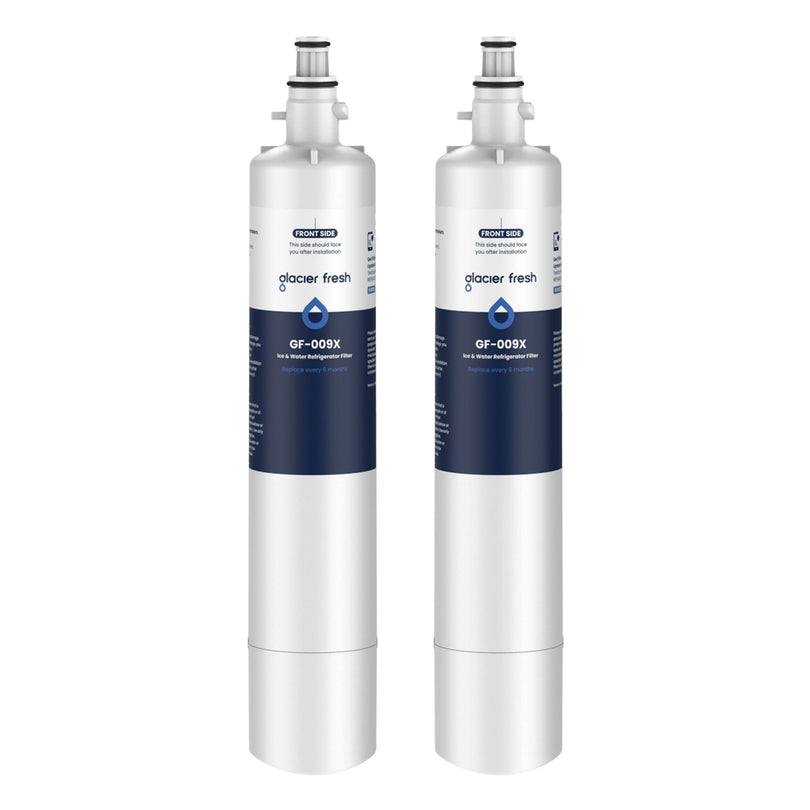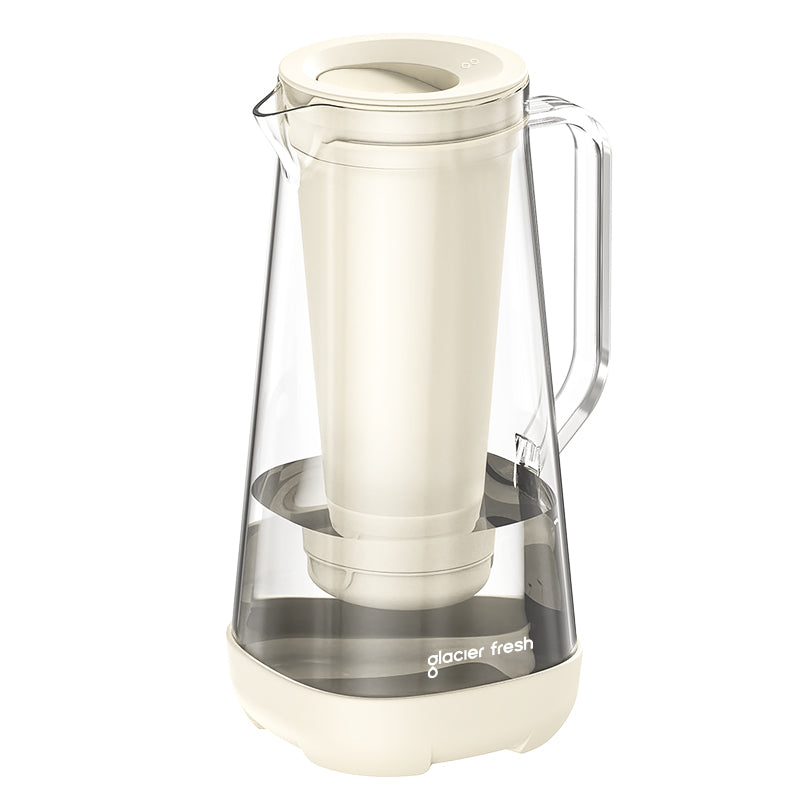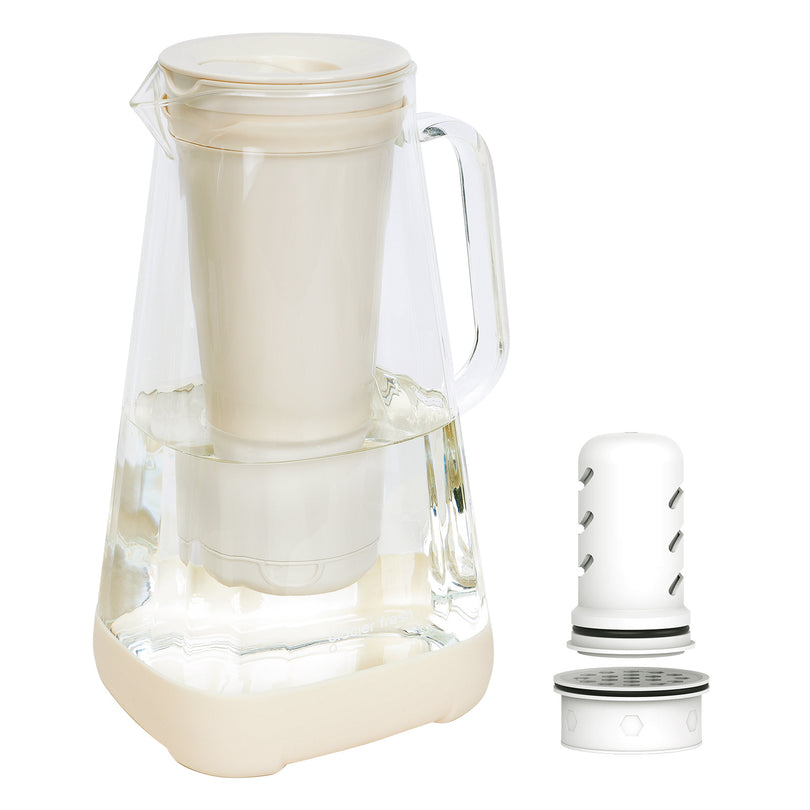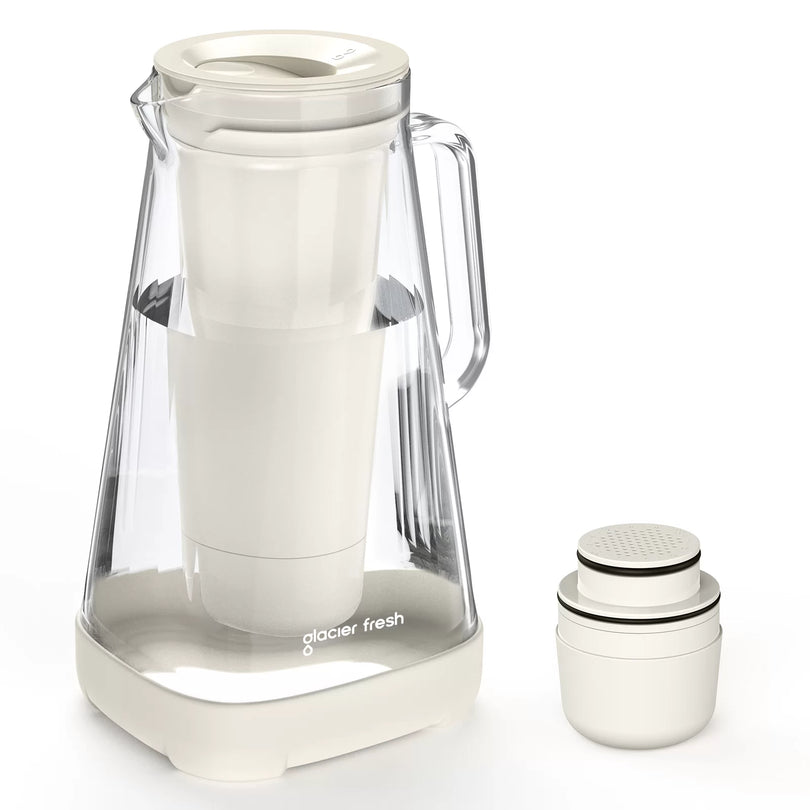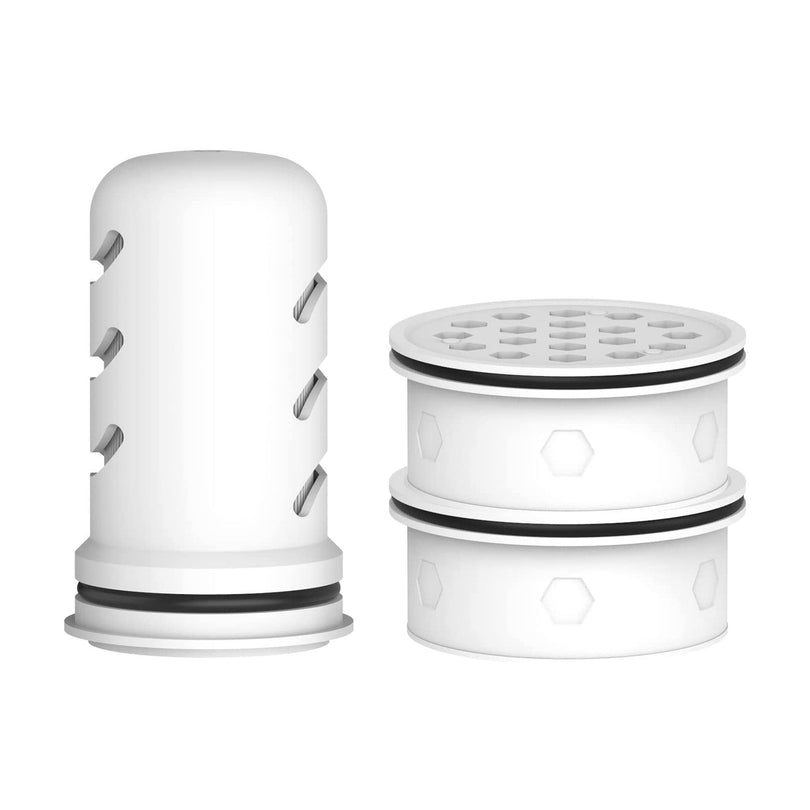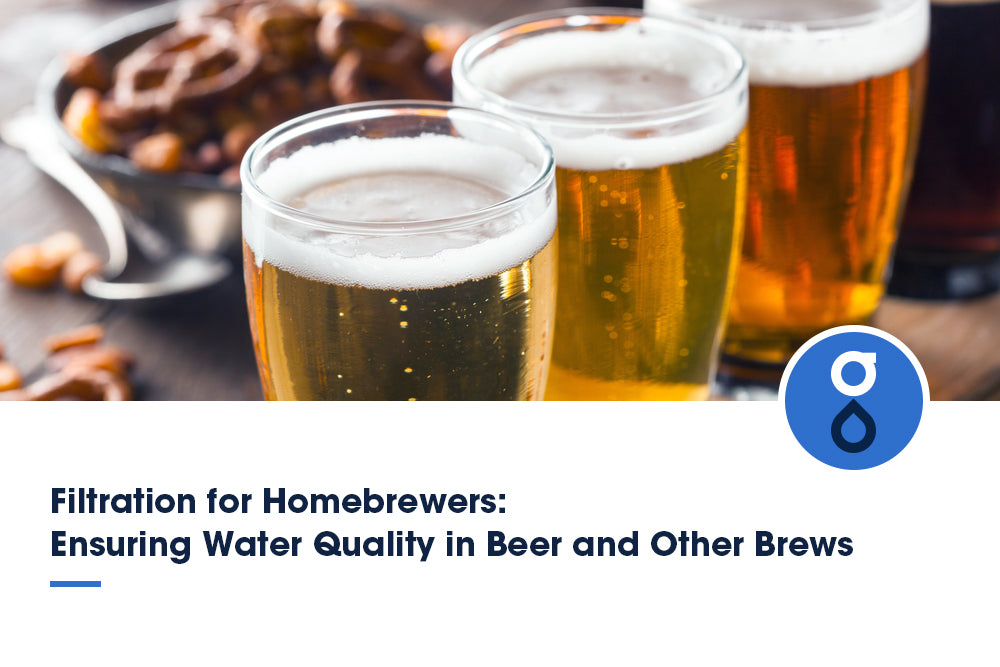Table of Contents:
Die Bedeutung der Wasserfiltration für das Heimbrauen
Häufige Verunreinigungen im Brauwasser
Faktoren, die die Wasserqualität beim Brauen beeinflussen
Verschiedene Filtermethoden für Heimbrauer
Tipps zur Aufrechterhaltung der Wasserqualität im Brauprozess
FAQs
Abschluss
Sind Sie ein Heimbrauer, der das perfekte Bier brauen möchte? Nun, wir alle wissen, dass ein Meisterwerk mit den richtigen Zutaten beginnt. Beim Brauen ist Wasser eine entscheidende Zutat, die oft übersehen wird. Ja, Wasser spielt eine entscheidende Rolle bei der Gewährleistung der Qualität und des Geschmacks Ihres Biers. Hier kommt die Filterung ins Spiel. Durch das Filtern Ihres Wassers können Verunreinigungen entfernt werden, die den Geschmack und das Aroma Ihres Biers beeinträchtigen. In diesem Leitfaden erfahren Sie mehr über die Bedeutung der Wasserfilterung für das Heimbrauen, häufige Verunreinigungen, auf die Sie achten sollten, verschiedene Filtermethoden und Tipps zur Aufrechterhaltung der Wasserqualität während des gesamten Brauprozesses. Lassen Sie uns also eintauchen und sicherstellen, dass Ihr Wasser so rein ist wie Ihre Leidenschaft fürs Brauen!
Die Bedeutung der Wasserfiltration für das Heimbrauen

Um beim Heimbrauen optimale Ergebnisse zu erzielen, ist es wichtig, der Wasserfilterung Priorität einzuräumen. Die Vorteile von gefiltertem Wasser beim Heimbrauen sind zahlreich. In erster Linie sorgt es dafür, dass alle Verunreinigungen im Wasser, wie Chlor oder Schwermetalle, entfernt werden. Diese Verunreinigungen können den Geschmack Ihres Bieres beeinträchtigen. Durch die Filterung Ihres Wassers können Sie also ein saubereres und angenehmeres Endprodukt gewährleisten.
Wenn Sie Ihre Wasserquelle für das Heimbrauen in Betracht ziehen, ist es wichtig, die Qualität und Eigenschaften des Wassers zu bewerten. Verschiedene Regionen haben unterschiedliche Wasserprofile, die den Geschmack Ihres Bieres stark beeinflussen können. Einige Wasserquellen können einen hohen Mineralgehalt aufweisen, was zu einem bitteren oder harschen Geschmack führt. Indem Sie Ihr Wasser filtern, haben Sie mehr Kontrolle über das Wasserprofil und können es besser an die Biersorte anpassen, die Sie brauen.
Für Hobbybrauer mit kleinem Budget gibt es DIY-Wasserfilteroptionen. Diese reichen von einfachen Kohlefiltern bis hin zu komplexeren Systemen mit mehreren Filterstufen. Es ist wichtig, die verschiedenen Optionen zu recherchieren und zu verstehen, um sicherzustellen, dass Sie das gewünschte Filterniveau für Ihre Brauanforderungen erreichen. Schließlich spielt der pH-Wert beim Brauwasser eine entscheidende Rolle. Der pH-Wert kann die enzymatische Aktivität während des Maischens und den Gesamtgeschmack des Bieres beeinflussen. Indem Sie Ihr Wasser filtern und den pH-Wert bei Bedarf anpassen, können Sie ein ausgewogeneres und harmonischeres Gebräu herstellen.
Häufige Verunreinigungen im Brauwasser
Ihr Brauwasser kann häufige Verunreinigungen enthalten, die die Qualität Ihres selbstgebrauten Biers beeinträchtigen können. Es ist wichtig, sich dieser Verunreinigungen bewusst zu sein und Maßnahmen zu ergreifen, um sie durch Wassertests und -aufbereitung zu entfernen. Hier sind vier häufige Verunreinigungen, die in Brauwasser vorkommen können:
1. Chlor: Dem Leitungswasser wird oft Chlor als Desinfektionsmittel zugesetzt, es kann jedoch den Geschmack Ihres Bieres negativ beeinflussen. Um Chlor zu entfernen, können Sie Aktivkohlefilter verwenden oder das Wasser 24 Stunden lang unbedeckt stehen lassen, damit das Chlor verdunsten kann.
2. Mineralien aus hartem Wasser: Hartes Wasser enthält Mineralien wie Kalzium und Magnesium. Diese Mineralien sind zwar nicht schädlich, können jedoch den pH-Wert und den Geschmack Ihres Bieres beeinflussen. Sie können hartes Wasser behandeln, indem Sie Enthärter verwenden oder Brausalze hinzufügen, um die Wasserchemie anzupassen.
3. Metalle: Metalle wie Eisen und Kupfer können in Ihr Brauwasser gelangen und Ihrem Bier einen unangenehmen Geschmack verleihen. Wenn Sie das Vorhandensein von Metallen vermuten, sollten Sie ein Umkehrosmosesystem oder einen speziellen Filter verwenden, der Schwermetalle entfernt.
4. Organische Verbindungen: Organische Verbindungen wie Pestizide, Herbizide und industrielle Schadstoffe können Ihr Brauwasser verunreinigen. Regelmäßige Wassertests können Ihnen helfen, diese Verunreinigungen zu identifizieren und zu entfernen und so die Reinheit Ihres Gebräus sicherzustellen.
Faktoren, die die Wasserqualität beim Brauen beeinflussen

Wenn Sie über eine Filterung für das Heimbrauen nachdenken, ist es wichtig, die Faktoren zu verstehen, die die Qualität Ihres Brauwassers beeinflussen können. Die Qualität Ihres Wassers ist entscheidend, da sie den Geschmack, das Aroma und die Gesamtqualität Ihres Bieres direkt beeinflusst. Hier sind einige wichtige Faktoren, die Sie berücksichtigen sollten:

Verschiedene Filtermethoden für Heimbrauer
Für Heimbrauer ist die Wahl der richtigen Filtermethode ein entscheidender Schritt, um die Wasserqualität für Bier und andere Biersorten sicherzustellen. Es stehen verschiedene Filtermethoden zur Verfügung, jede mit ihren eigenen Vorteilen und Überlegungen. Hier sind einige häufig verwendete Filtermethoden für das Heimbrauen:
----Kohlefiltration: Kohlefilter verwenden Aktivkohle, um Verunreinigungen und Schadstoffe aus dem Wasser zu entfernen. Mit dieser Methode werden Chlor, Sedimente und einige organische Verbindungen, die den Geschmack und die Klarheit des fertigen Gebräus beeinträchtigen können, effektiv entfernt.
----Umkehrosmose: Umkehrosmose ist eine fortschrittlichere Filtermethode, bei der Wasser mit Druck durch eine halbdurchlässige Membran gepresst wird, wodurch fast alle Verunreinigungen effektiv entfernt werden. Diese Methode ist äußerst effektiv bei der Entfernung von Mineralien, Chemikalien und sogar Mikroorganismen aus dem Wasser, wodurch sehr sauberes und reines Wasser zum Brauen entsteht.
----Sedimententfernung: Sedimentfilter sind dafür ausgelegt, größere Partikel wie Sand, Schlamm und Rost aus dem Wasser zu entfernen. Diese Filter verwenden normalerweise ein Netz oder Sieb, um die Partikel aufzufangen und sicherzustellen, dass sie nicht im fertigen Gebräu landen.
----Mikronfiltration: Mikronfilter werden verwendet, um kleinere Partikel aus dem Wasser zu entfernen. Diese Filter haben unterschiedliche Porengrößen, normalerweise 1 bis 100 Mikrometer, und können Partikel wie Hefe, Bakterien und andere Mikroorganismen effektiv entfernen.
----Aktivkohle: Aktivkohlefilter ähneln Kohlefiltern, sind jedoch speziell dafür ausgelegt, bestimmte Chemikalien und Verunreinigungen zu entfernen, die den Geschmack und die Qualität des Gebräus beeinträchtigen können. Diese Filter werden oft in Verbindung mit anderen Filtermethoden verwendet, um optimale Ergebnisse zu erzielen
Tipps zur Aufrechterhaltung der Wasserqualität im Brauprozess
Wie erhalten Sie die Qualität Ihres Wassers beim Brauprozess? Hier sind einige Tipps, die Ihnen dabei helfen, sicherzustellen, dass Ihr Wasser für das Brauen optimal ist:
- Aufrechterhaltung des pH-Werts: Es ist wichtig, den pH-Wert Ihres Wassers zu überwachen und anzupassen. Dies kann mit pH-Teststreifen oder einem pH-Meter erfolgen, um sicherzustellen, dass die Wasserfälle im optimalen Bereich zum Brauen liegen.
- Wassertest-Kits: Investieren Sie in ein zuverlässiges Wassertest-Kit, um die Qualität Ihres Wassers zu beurteilen. Diese Kits können Verunreinigungen wie Schwermetalle oder bakterielle Verunreinigungen erkennen, sodass Sie geeignete Maßnahmen ergreifen können, um etwaige Probleme zu beheben.
- Chlor entfernen: Chlor kann den Geschmack und das Aroma Ihres Bieres negativ beeinflussen. Verwenden Sie einen Entchlorer oder lassen Sie das Wasser einige Stunden unbedeckt stehen, damit das Chlor entweichen kann, bevor Sie es zum Brauen verwenden.
- Auswahl der Wasserquelle: Wählen Sie eine Wasserquelle, die sauber und frei von Verunreinigungen ist. Wenn Sie weitere Informationen zur Qualität des Leitungswassers benötigen, können Sie alternativ auch gefiltertes oder abgefülltes Wasser verwenden.
- Wartung des Filtersystems: Reinigen und warten Sie Ihr Filtersystem regelmäßig, um eine optimale Leistung zu gewährleisten. Dazu gehört das Wechseln der Filterkartuschen gemäß den Empfehlungen des Herstellers und die regelmäßige Desinfektion des Systems, um Bakterienwachstum zu verhindern.
FAQs
Kann ich zum Heimbrauen Leitungswasser ohne Filterung verwenden?
Sie können zum Heimbrauen Leitungswasser ohne Filterung verwenden, dies kann jedoch die Qualität und den Geschmack Ihres Bieres beeinträchtigen. Erwägen Sie alternative Filtermethoden als kostengünstige Lösung. Die Wasserquelle spielt auch beim Brauprozess eine wichtige Rolle.
Kann eine Wasserfiltration die Klarheit und das Aussehen des fertigen Biers oder anderer Gebräue verbessern?
Durch Wasserfilterung können Sie die Klarheit und das Aussehen Ihres fertigen Biers oder anderer Gebräue erheblich verbessern. Aktivkohlefilter und Umkehrosmose sind effektive Methoden, die Sie in Betracht ziehen sollten. Sie können den pH-Wert des Wassers regulieren, Aromen entfernen und Verunreinigungen durch Chlor oder Chloramin verhindern. Ein mehrstufiges Filtersystem sorgt für optimale Wasserqualität beim Heimbrauen.
Abschluss
Als Hobbybrauer ist es daher wichtig, der Wasserfilterung Priorität einzuräumen, um die beste Qualität für Ihr Bier und andere Biere sicherzustellen. Das Verständnis der üblichen Verunreinigungen und Faktoren, die die Wasserqualität beeinflussen, ist entscheidend für die Wahl der richtigen Filtermethode. Obwohl verschiedene Optionen verfügbar sind, ist es wichtig, den besten Wasserfilter für Ihre Brauanforderungen zu finden. Sie können köstliche und hochwertige Getränke herstellen, indem Sie die Wasserqualität während des gesamten Brauprozesses aufrechterhalten. Ein Hoch auf köstlich schmeckende Biere!

